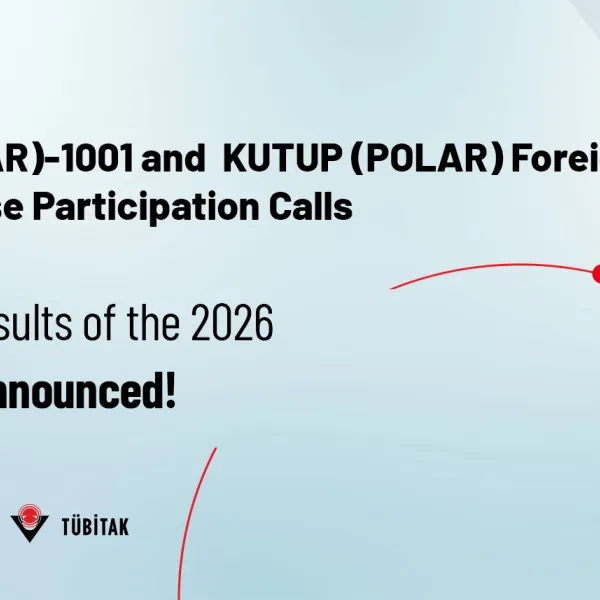
The "Rb Atomic Frequency Standard Development Project" (RAFS), one of the most important subsystems of the "Regional Positioning and Timing System (RPTS)", which is one of the strategic goals of the National Space Program, was initiated under the leadership of TÜBİTAK National Metrology Institute (UME) with the support and cooperation of the Turkish Space Agency (TUA).
The inaugural meeting of the project, which was initiated with the aim of developing a navigation system independent of Global Positioning Systems within the scope of indigenization of critical sub-components in line with the understanding of producing national and domestic alternatives in the space industry, was held on June 19, 2023, hosted by TÜBİTAK UME.
Speaking at the meeting, Serdar Hüseyin YILDIRIM, President of the Turkish Space Agency, stated that they have been supporting the project since its inception and that they will continue to provide support to finalize it as soon as possible by reducing the Rubidium-Based Atomic Clock, which was previously developed by TÜBİTAK UME in the laboratory environment, to the size of a cube satellite and to use it as a payload in a 6U cube satellite and to gain space history.
Emphasizing that this project is a beginning, a first step, Agency President YILDIRIM underlined that their support will continue in terms of developing and increasing the areas of use after the space capability is gained.
TÜBİTAK UME Acting Director Assoc. Prof. Dr. Mustafa ÇETİNTAŞ, who made a technical presentation on the details of the project, expressed their pride in being a part of a project that will work passionately for the goal of "Turkey's Century", which makes people proud even as they say it, and said, "We are confident that the project we have started in line with the National Technology Move will be an important milestone on the way to becoming a regional power."
What is the Regional Positioning and Timing System?
Global Positioning and Timing Systems (GNSS) consist of satellite clusters with an average of 4 atomic frequency standards. Developed countries can independently meet their needs for precise positioning by establishing their own GNSS systems. Unlike communication satellites, GNSS satellites send very precise time and position information to the world.
The only way to maintain precise time in orbit is to use an atomic frequency standard within the satellite. One of the most critical goals of the National Space Program is the establishment of a Regional Positioning System. The aim of the RAFS project is to redesign the desktop Rubidium Frequency Standard, which was developed by TÜBİTAK UME with its own resources, by making it suitable for the dimensions of the CubeSat, to place it in a 6U cube satellite to be produced together with the project stakeholders and to make it ready for launch.
With the launch cooperation provided by TUA, the satellite will be launched and the orbital performance of the Rubidium Atomic Frequency Standard will be monitored for at least one year and the frequency stability of the atomic clock will be tested. In this way, the standard will be given a history and a major stage will be passed for the full space-qualified standards that must be developed for the Regional Positioning System.
The project, which is planned to take 36 months to develop, will also provide an opportunity for young people who want to work in this field to develop.
The project, which continues with technical meetings following the opening meeting, will make significant contributions to designing indigenous systems in the civilian and military fields in order for our country to have this technology and to reinforce our technological independence.





